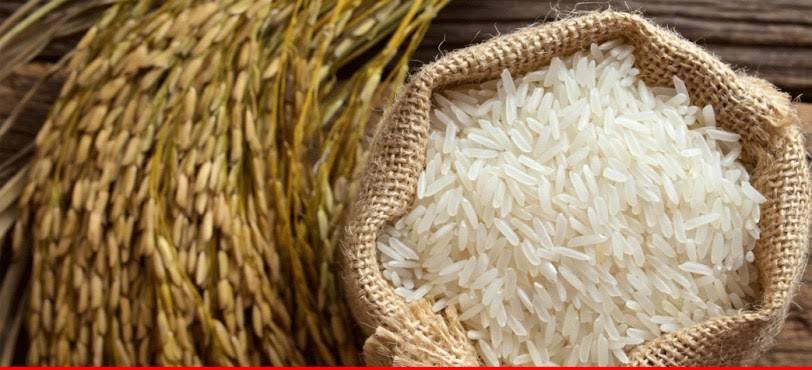Vietnam is poised to enter the high-potential low-carbon rice market with its first-ever shipment of climate-friendly rice to Japan this May, marking a significant step forward in sustainable agriculture and international trade.
The announcement was made during an international workshop held in Hanoi on May 19, organized by the International Rice Research Institute (IRRI) and the German International Cooperation Agency (GIZ). The event focused on assessing the role of rice production in reducing greenhouse gas emissions and highlighted Vietnam’s transition toward green agriculture.
Breakthrough Export to Japan
Chairman Pham Thai Binh of Trung An High-Tech Agriculture Joint Stock Company in Can Tho revealed that the company is finalizing procedures to export 500 tons of Japonica rice to Japan. This shipment represents Vietnam’s first low-emission rice export that complies with Japan’s stringent technical standards—making it a breakthrough in both environmental and trade terms. “While the initial output is small, this is a door-opening step,” said Mr. Binh. “It affirms Vietnam’s potential in the era of green consumption.”
Backing from National Sustainability Initiatives
The achievement is attributed to Vietnam’s national efforts to reduce emissions in agriculture, particularly through the Vietnam Sustainable Agriculture Transformation Project (VnSAT) and the Mekong Delta low-emission rice initiative. These programs aim to cut greenhouse gas emissions and promote climate-resilient farming practices. IRRI Asia Regional Director Jongsoo Shin praised Vietnam’s leadership, saying the country is well-positioned to become a regional model in sustainable rice production.
Emissions from Rice a Major Concern
Tran Cong Thang, Director of the Institute of Strategy and Policy on Agriculture and Environment (ISPAE), emphasized that rice farming accounts for 48% of greenhouse gas emissions from Vietnam’s agricultural sector. Developing low-emission rice is essential to maintain competitiveness in the global market.
Cambodia-Vietnam Rice Trade Agreement
In a related development, Vietnam is set to apply a 0% import tax on rice imported from Cambodia during 2025–2026, under a bilateral trade agreement signed on April 28, 2025. A draft circular published by the Ministry of Industry and Trade outlines that the zero percent preferential rate will be available within a specified quota and contingent on two main criteria:
- The rice must originate from Cambodia and be certified with Certificate of Origin Form S.
- The import volume must fall within the annual quota, managed through automatic deduction at customs—streamlining the process without requiring prior approval.
The move is intended to strengthen bilateral trade while ensuring quota-based control over rice imports to protect domestic production.
Follow & Subscribe:
👉 Agri-Food Update on LinkedIn for the latest updates and insights.
🌐 Visit us at www.agri-food-update.com for more information!



